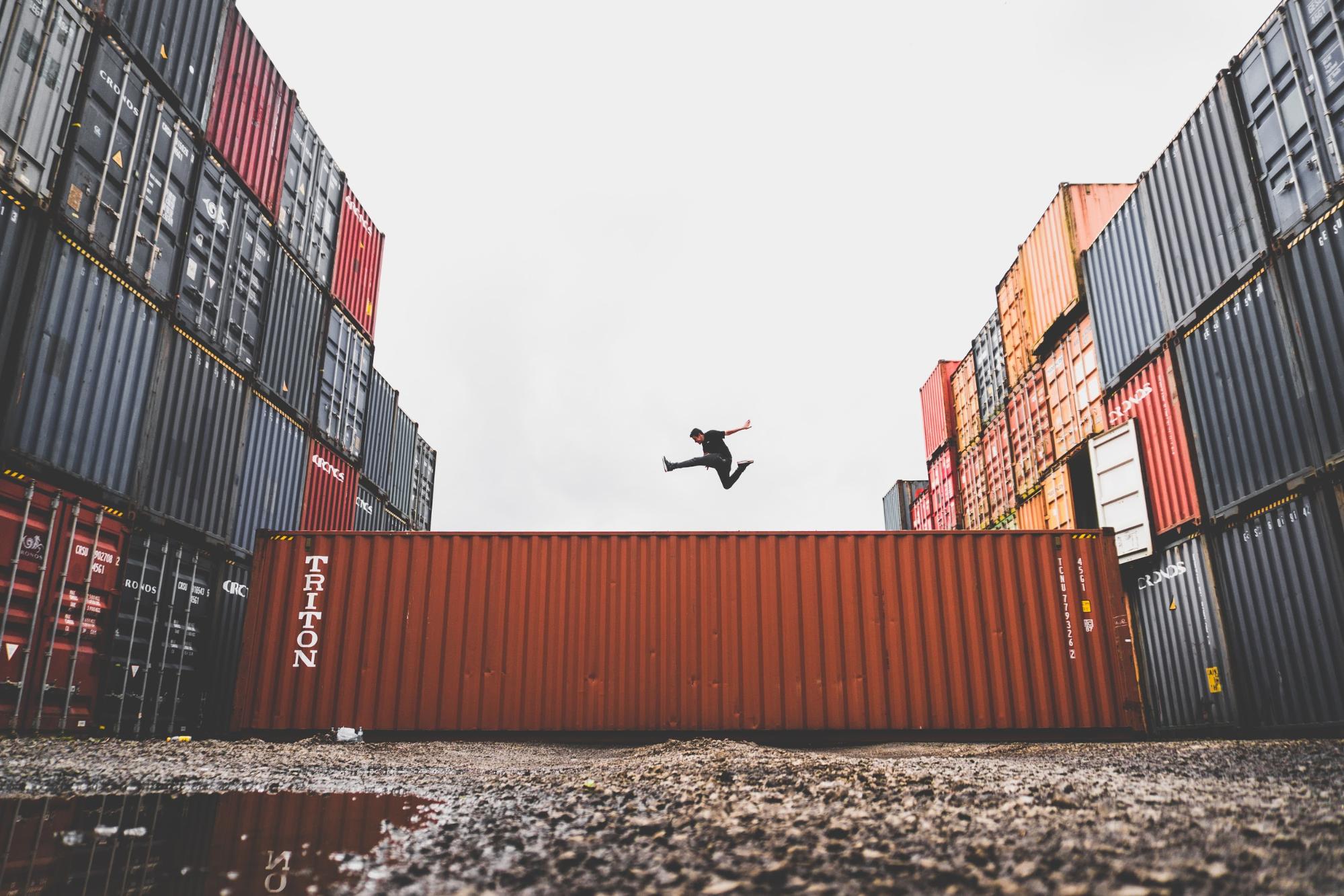When you hit on a new idea for a new market, the export business can be highly lucrative. Spotting that gap in the market – and fulfilling it – brings its own kind of buzz. But there’s one thing that all exporters need to be aware of: international customs.
There’s a temptation to think that staying on the right side of customs and excise is a matter of common sense. Don’t try to transport any illegal substances, anything that might pose a biological threat, or anything that requires a license (unless you have that license) and you’re pretty much sorted, right? Wrong! While those are good principles to adhere to, some customs restrictions defy all logic, with even the most innocuous items being banned in certain countries. Here are some of the strangest.
Bizarre Items Banned by International Customs
Algeria – Toothpaste
Fluoride is looked upon negatively in many countries. In Algeria it’s so frowned upon that they won’t let you bring any toothpaste – or other dental products – with it in the ingredients list into the country.
Nigeria – Ballpoint Pens
Can you think of a more harmless item than the humble ballpoint pen? It’s the sort of item that you stick in your pocket without even thinking. Yet even a stray one left in the paperwork of your shipment could cause you problems in Nigeria. The country, which has a bit of a reputation for banning odd objects, currently has a ban on the import of all ballpoint pens and their parts, including ink refills… Although you are allowed to take in the tips.
Nigeria also has a ban on spaghetti, noodles, all forms of cocoa, wheelbarrows, toothpicks, tableware, and second-hand clothing. Among many, many other things!
Unites States – Kinder Surprise Eggs
They’ve been the stuff of British childhood for decades, but those scrummy chocolate eggs with their fun hidden toys are barred entry to America as a health hazard. Which seems a little odd in a country where carrying firearms is legal! The packaging of the toy inside the egg is considered a choking risk, and all such products have been banned since 1930.
Saudi Arabia – Christmas Trees
As an Islamic theocracy, there’s not really much call for Christmas trees in Saudi Arabia. But, the outright ban on them is a bit of a downer for the growing number of westerners working there. Christmas 2018 has seen a number of exchanges on social media between the public and customs officials.
Fiji – Holy Water
Right. So, the first question has to be: How has the import of holy water become such a big thing as to make into customs legislation. And the answer is that Fiji is the home of three religions that encourage pilgrimage: Christianity, Hinduism and Muslim. And what do you bring back from pilgrimage? Holy water, of course. While the Fijian government have no problem with holy water per se, most of it isn’t certified as cholera- and typhoid-free, which makes it understandably unappealing. If, however, you can get your hands on a bulk load of the stuff and are prepared to get it tested and certified, you might find yourself with a very profitable market!
Morocco – Maps
It’s absolutely fine to take a map into Morocco – as long as it complies with the country’s view of who owns a strip of desert in the western Sahara. They do, btw. Not the Sahrawi Arab Democratic Republic… Unless you’re in the Sahrawi Arab Democratic Republic. Then it’s theirs.
Singapore – Chewing Gum
Chewing gum has been banned in Singapore since 1992. The reasons given are numerous, but they include: the clean-up bill of discarded gum and the prevention of vandalism to the MRT – Singapore’s version of the tube. Sticking gum on the door sensors stopped them from working properly, this caused largescale disruption prior to the ban.
South Africa, Mexico, India – Matching Pairs of Shoes
Shoes are big business. Consequently, in these three countries, you’re allowed to import shoes, but only if none of them match. It’s a way to gain a foothold in a lucrative market… ahem.
So, what’s the lesson here? Basically, do your research before buying your stock and organising your freight forwarding. Otherwise, you could be in for a nasty surprise when the customs men come a-knocking.


